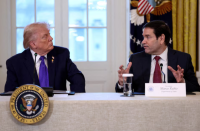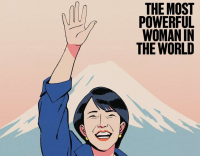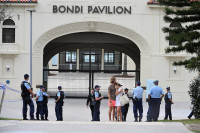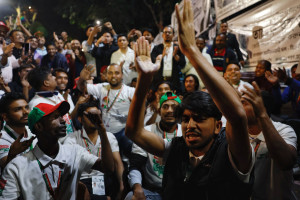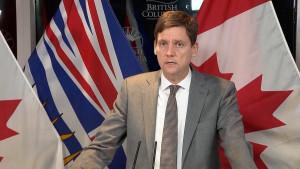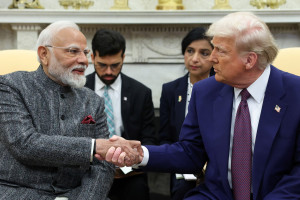World
Dalai Lama set to reveal succession plan as China watches
Dalai Lama has said his successor to be born outside China, possibly in India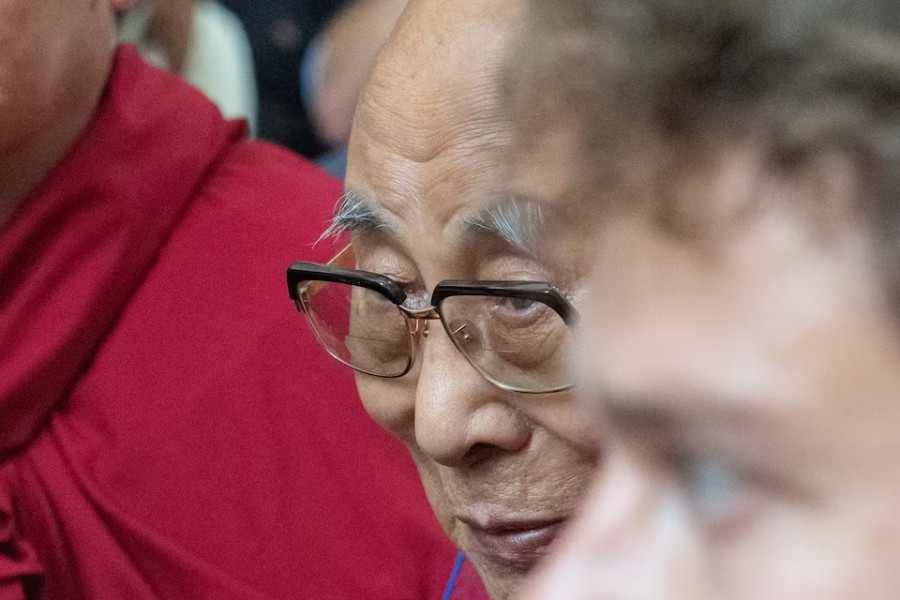
Reuters
The Dalai Lama will address a major three-day gathering of Buddhist religious figures this week ahead of his 90th birthday, as his followers wait for the Tibetan spiritual leader to share details about his succession in a move that could irk China.
Beijing views the Dalai Lama, who fled Tibet in 1959 after a failed uprising against Chinese rule, as a separatist and says it will choose his successor. The Dalai Lama has said his successor will be born outside China and urged his followers to reject anyone chosen by Beijing.
Tibetan Buddhists hold that enlightened monks are reborn to carry forward their spiritual legacy. The 14th Dalai Lama will turn 90 on Sunday and has said he would consult senior monks and others at this time to share possible clues on where his successor, a boy or a girl, could be found following his death.
“The rest of my life I will dedicate for the benefit of others, as much as possible, as extensive as possible,” the Dalai Lama told a gathering of his followers on Monday as they offered prayers for his long life.
“There will be some kind of a framework within which we can talk about the continuation of the institution of the Dalai Lamas,” he said, without elaborating on the framework.
He has previously said he could possibly reincarnate in India, where he lives in exile near the northern Himalayan town of Dharamshala. He was identified as the reincarnation of his predecessor when he was two.
Dolma Tsering Teykhang, the deputy speaker of the Tibetan parliament-in-exile in Dharamshala, said it was important for the world to hear directly from the Dalai Lama on the issue because while China “tries to vilify him at every chance ... it is trying to frame rules and regulations on how to have the reincarnation of the Dalai Lama in their hand”.
“China is trying to grab this institution ... for its political purpose,” she said.
“We want the incarnation of the Dalai Lama to be born not only for the survival of Tibet as a distinct culture, religion and nation, but also for the well-being of the whole humanity.”
Thupten Ngodup, Tibet’s chief state oracle, said typically such discussions on the reincarnation do not take place when a monk is still alive but things are different now mainly because the “Chinese government is interfering”.
Beijing said in March that the Dalai Lama was a political exile who had “no right to represent the Tibetan people at all”. China has said it is open to discussing his future if he recognises that Tibet and Taiwan are inalienable parts of China, a proposal the Tibetan government in exile has rejected.
‘AS IF HE’S NOT THERE’
The religious conference this week, being held for the first time since 2019, will be attended by more than 100 Tibetan Buddhist leaders and will feature a video statement from the Dalai Lama.
Hollywood star Richard Gere, a long-time follower of Tibetan Buddhism, will be among those attending, organisers have said.
The Dalai Lama will attend prayers called by the Tibetan government in exile on July 5 and participate in his birthday celebrations a day later, according to a schedule shared by the organisers.
He will speak at the celebrations for about half an hour. India’s parliamentary affairs minister, Kiren Rijiju, and some other Indian officials are expected to attend.
Tibetans have been praying for his long health, especially since knee surgery in the US last year, although the Dalai Lama told Reuters in December that he could live until he was 110. The previous Dalai Lama died earlier than expected at 58.
The Dalai Lama and Tibetan officials say there is a system in place for the government-in-exile to continue its political work while officers of the Dalai Lama’s Gaden Phodrang Foundation search and recognise the next Dalai Lama.
The current Dalai Lama set up the foundation in 2015 and its senior officers include several of his aides.
Teykhang and other Tibetan officials said the Dalai Lama has been preparing his people for the day when he is gone, especially through his 2011 decision to hand his political role to a democratically elected government, ending a 368-year-old tradition of being both spiritual and temporal head of Tibetans.
“Since he has come in the form of a human, we have to agree that there will be a moment when he is not with us,” said Teykhang. “His Holiness has really prepared us for that day, he made us act as if he’s not there.”




 16.12°C Kathmandu
16.12°C Kathmandu
